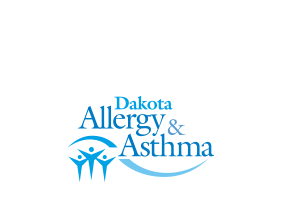Allergy self help is where you begin taking control. Simple steps can decrease your allergy symptoms and make day-to-day life easier. There are two parts to consider: decreasing exposure to the allergens and using over-the-counter (otc) treatments to control symptoms.
Avoid Your Allergy Triggers
Your allergens may come from the outdoors, the indoors, or both.
If your allergy symptoms start with the first blossoms of spring and end with the hard freeze, you likely have pollen allergies. If your symptoms seem to kick up during the days after a good rain, you may have mold allergies. These are both outdoor allergies.
Avoid going outside during allergy season. Keep the windows of your house and car closed.
Allergy symptoms that tend to linger all year round may be caused by indoor allergens. These are a bit harder to avoid than outdoor allergens.
Keep the pets out of the bedroom so that you have an area of the house without their dander or hair. Vacuum the house at least once a week. Wash your bedding once a week to cut down on dust mites.
Find an OTC Medication
With so many people having allergies, there are dozens of OTC medications that can help alleviate symptoms.
Histamines are natural substances produced by the body and released when an allergen is detected by the immune system. These histamines are what cause allergy symptoms like sneezing and itchy eyes. Anti-histamines are medications which can block these histamines, lessening the symptoms of allergies.
OTC anti-histamines can be quite effective. There are a number of formulations on the market. Some formulations can cause drowsiness. Two of the non-drowsy formulations on the market include fexofenadine and loratadine.
There are other medications that can fight allergy symptoms. Eye drops can fight itchy eyes. Decongestants can help clear your sinuses. Nasal steroid sprays can help the congestion and calm sneezing.
Allergy self help can make a major difference in the life of a person with severe allergies. However, you may find that taking these proactive steps are not enough. If you aren't sure whether or not you should see an Allergist, like the ones that work at Dakota Allergy and Asthma, CLICK HERE to find a simple roadmap to help you answer that question.





